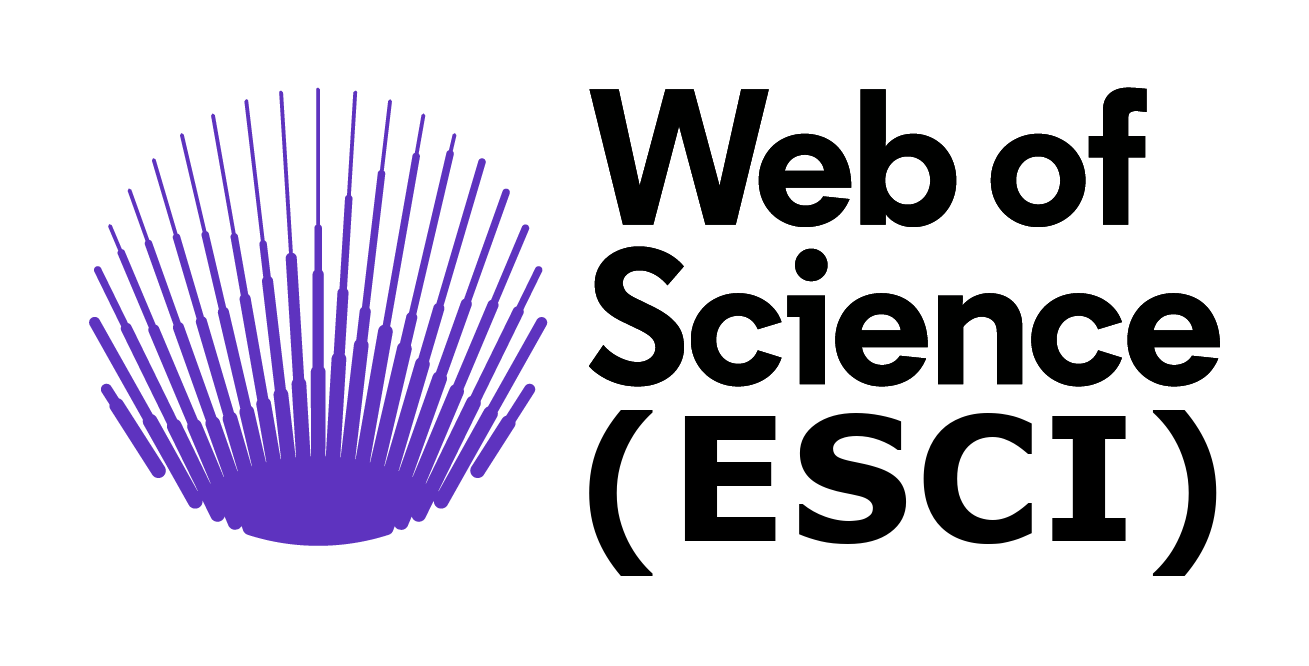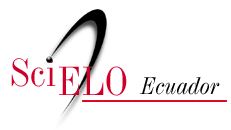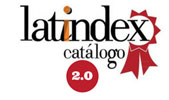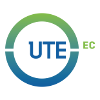Potential use of vegetal Biomass as insulation in extreme climates of Ecuador
DOI:
https://doi.org/10.29019/enfoqueute.v6n4.76Keywords:
agricultural waste, thermal insulation, energy efficiency, natural resourcesAbstract
In Ecuador, a factor of great ecological wealth is linked to its tradition in the use of fibers and other organic waste composite character as filler element, reinforcement or insulation in the field of housing construction, which carries great potential under the most viable architecture. The climate variability in Ecuador and the low purchasing power of their inhabitants forced to use local available building materials inexpensive or at no cost, in order to achieve economic and comfortable housing. That is why we have analyzed the presence of natural resources and waste biomass confronting regional building tradition, later superimpose geographically with major climatic variables affecting energy efficiency. This makes it possible to determine what, where and how to use the different biomass resources to allow a response to build that has a strong social, economic, environmental and energy argument in order to facilitate the conditions for access to economic habitat efficient, safe and dignified.Downloads
Published
How to Cite
Issue
Section
License
The articles and research published by the UTE University are carried out under the Open Access regime in electronic format. This means that all content is freely available without charge to the user or his/her institution. Users are allowed to read, download, copy, distribute, print, search, or link to the full texts of the articles, or use them for any other lawful purpose, without asking prior permission from the publisher or the author. This is in accordance with the BOAI definition of open access. By submitting an article to any of the scientific journals of the UTE University, the author or authors accept these conditions.
The UTE applies the Creative Commons Attribution (CC-BY) license to articles in its scientific journals. Under this open access license, as an author you agree that anyone may reuse your article in whole or in part for any purpose, free of charge, including commercial purposes. Anyone can copy, distribute or reuse the content as long as the author and original source are correctly cited. This facilitates freedom of reuse and also ensures that content can be extracted without barriers for research needs.
This work is licensed under a Creative Commons Attribution 3.0 International (CC BY 3.0).
The Enfoque UTE journal guarantees and declares that authors always retain all copyrights and full publishing rights without restrictions [© The Author(s)]. Acknowledgment (BY): Any exploitation of the work is allowed, including a commercial purpose, as well as the creation of derivative works, the distribution of which is also allowed without any restriction.























 Enfoque UTE - Facultad de Ciencias de la Ingeniería e Industrias - Universidad UTE
Enfoque UTE - Facultad de Ciencias de la Ingeniería e Industrias - Universidad UTE